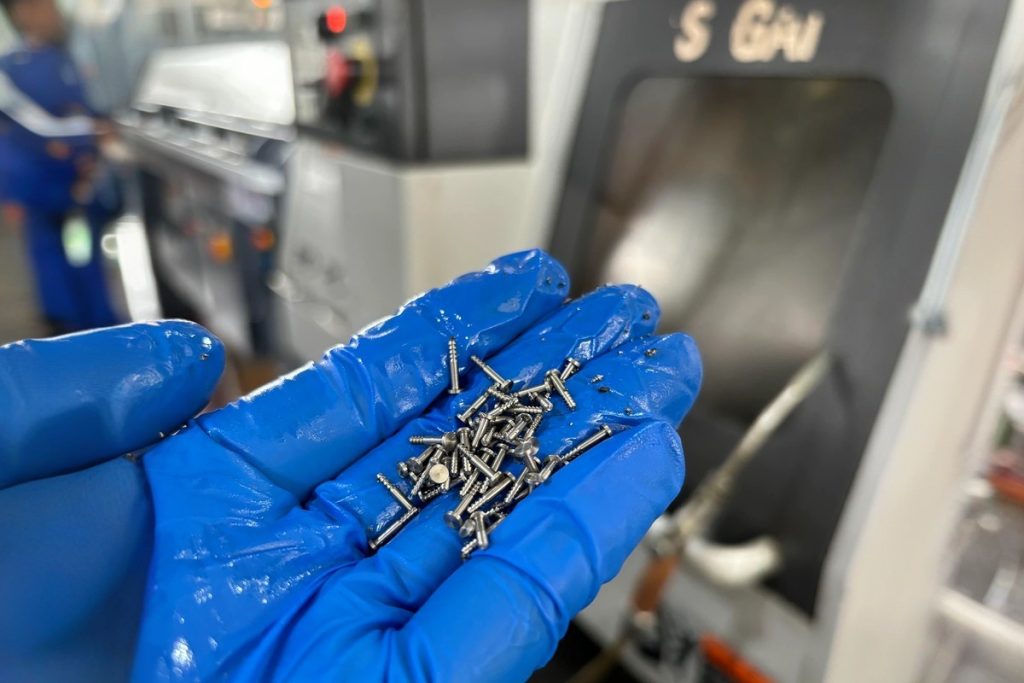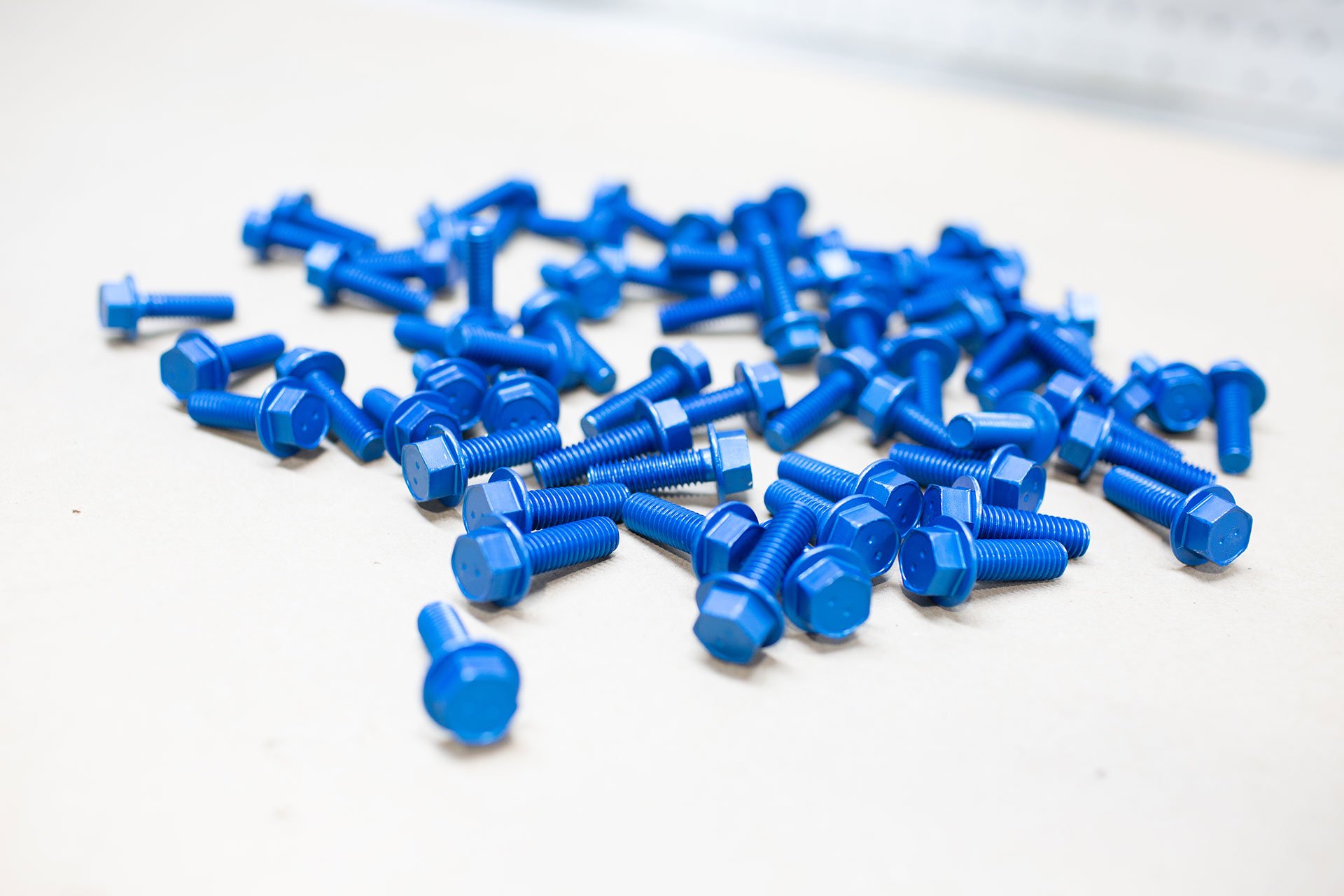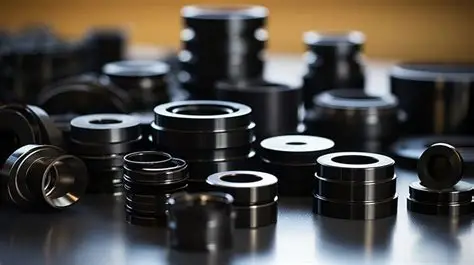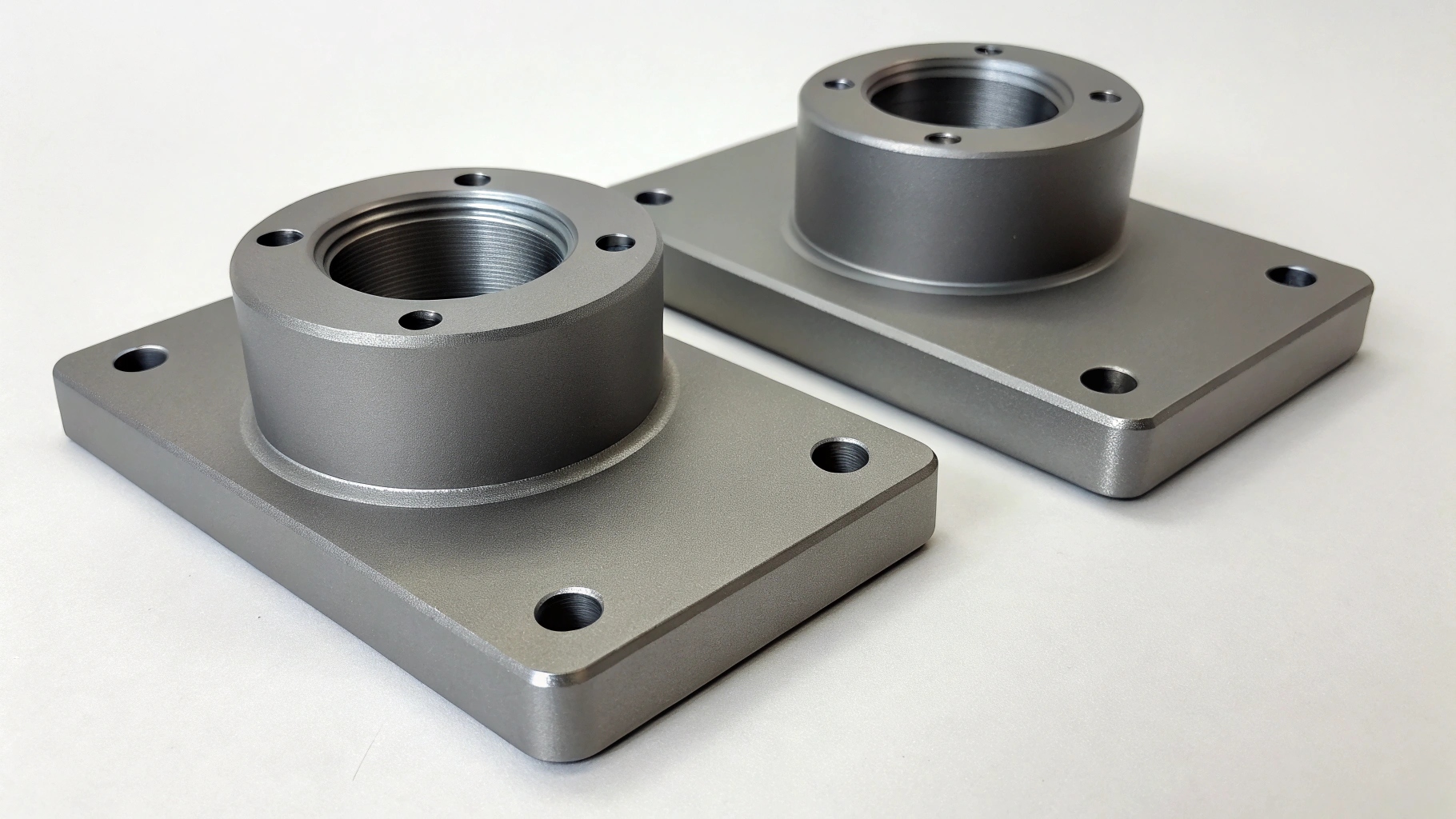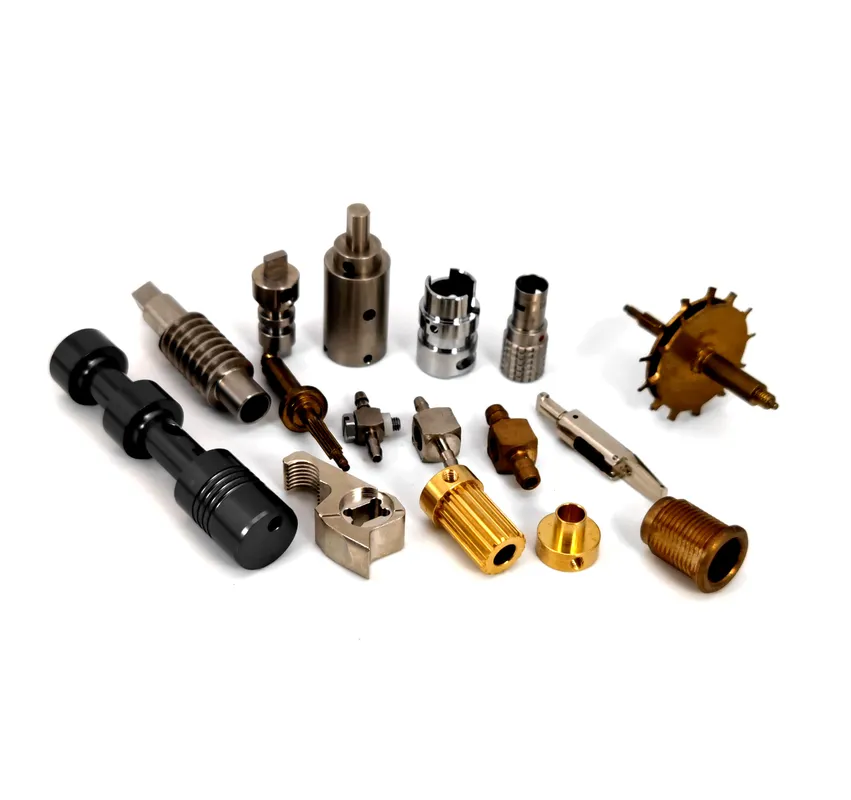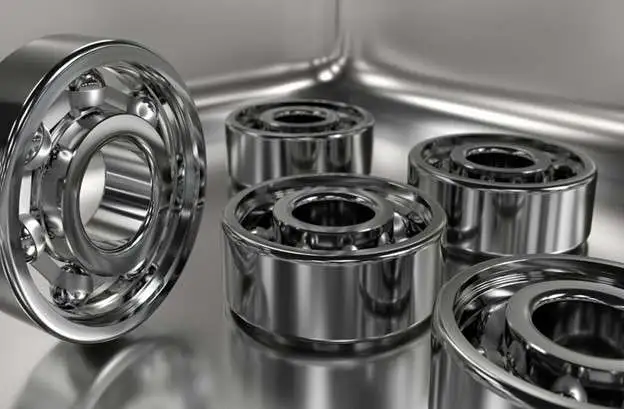Custom Machine Shop for Small-Batch Production: The Complete Guide to Precision CNC Services
In today’s competitive manufacturing landscape, small businesses and startups face unique challenges when sourcing precision components. Finding a reliable custom machine shop for small-batch production can mean the difference between product success and costly manufacturing delays. Unlike large-scale production facilities, a specialized custom machine shop for small-volume needs provides the flexibility, attention to detail, and rapid turnaround that growing businesses require while maintaining the precision and quality of mass production methods.
Why Small Businesses Need a Custom Machine Shop for Small-Batch Production
The manufacturing needs of small businesses differ significantly from large corporations. While enterprise companies focus on volume efficiencies, small businesses require flexibility, speed, and cost-effective solutions for limited production runs. A dedicated custom machine shop for small-batch manufacturing addresses these specific requirements through specialized equipment, adaptable processes, and personalized service approaches.
Key Advantages of Partnering with a Custom Machine Shop for Small Businesses:
-
Reduced Minimum Order Quantities (MOQs): Unlike large manufacturers requiring thousands of units, a custom machine shop for small batches typically accommodates orders as minimal as 1-50 pieces, making precision manufacturing accessible to businesses of all sizes.
-
Accelerated Lead Times: Small-scale manufacturing facilities excel at quick-turnaround production, often delivering initial prototypes within days and production batches within weeks rather than months.
-
Design Flexibility: A custom machine shop for small-volume production readily accommodates design changes and iterations, supporting the evolutionary nature of product development in small businesses.
-
Cost-Effective Scaling: Rather than requiring large capital investments in tooling, a custom machine shop for small businesses provides access to advanced manufacturing capabilities without substantial upfront costs.
-
Technical Collaboration: Small shops typically offer more direct engineer-to-engineer communication, providing valuable design for manufacturability (DFM) feedback and manufacturing expertise.
Key Services Offered by a Custom Machine Shop for Small-Batch Production
A comprehensive custom machine shop for small businesses provides an extensive range of manufacturing services tailored to limited production requirements.
Precision CNC Machining Capabilities
Multi-Axis Machining Services
-
3-axis CNC milling for simpler geometries and cost-effective prototyping
-
4-axis simultaneous machining for complex features and continuous operations
-
5-axis CNC machining for complex contours and reduced setups
-
CNC turning with live tooling for complete part processing
Specialized Machining Processes
-
High-speed machining (HSM) for superior surface finishes and tight tolerances
-
Micro-machining for intricate features and small components
-
Swiss-style turning for high-precision, small-diameter parts
-
Multi-pallet systems for uninterrupted production and faster turnaround
Secondary Operations and Finishing
A full-service custom machine shop for small-batch production typically offers comprehensive post-processing capabilities:
-
Surface treatments: Anodizing, passivation, plating, and coating
-
Heat treatment: Annealing, tempering, and case hardening
-
Quality assurance: CMM inspection, surface roughness measurement, and first article inspection
-
Assembly and testing: Component assembly, functional testing, and quality validation
Table: Equipment Capabilities in a Custom Machine Shop for Small-Batch Production
| Machine Type | Typical Accuracy | Best Applications | Batch Size Suitability |
|---|---|---|---|
| 3-Axis Vertical Machining Center | ±0.025 mm | Prismatic parts, plates, brackets | 1-500 pieces |
| 5-Axis CNC Machining Center | ±0.015 mm | Complex contours, aerospace components | 1-250 pieces |
| CNC Lathe with Live Tooling | ±0.010 mm | Rotational parts, shafts, fittings | 1-1000 pieces |
| Swiss-Type Automatic Lathe | ±0.005 mm | Medical components, precision pins | 100-10,000 pieces |
| Multi-Pallet Machining System | ±0.020 mm | Mixed batches, family-of-parts | 10-1000 pieces |
The Selection Process: Choosing the Right Custom Machine Shop for Small Businesses
Selecting an appropriate manufacturing partner requires careful evaluation of technical capabilities, business practices, and communication approaches.
Technical Capability Assessment
Equipment and Technology Evaluation
-
Machine tool condition and maintenance history
-
CAD/CAM software capabilities and compatibility
-
Quality control equipment including CMMs, optical comparators, and surface testers
-
Material handling and inventory management systems
Manufacturing Expertise Verification
-
Material-specific machining knowledge for your application
-
Industry-specific experience and certifications
-
Technical staff qualifications and engineering support
-
Problem-solving capabilities and continuous improvement culture
Business Compatibility Factors
Communication and Responsiveness
-
Project management approach and single-point-of-contact availability
-
Technical transparency and regular progress updates
-
Documentation practices for drawings, specifications, and changes
-
Cultural alignment with your business values and expectations
Financial Considerations
-
Pricing transparency with detailed cost breakdowns
-
Payment term flexibility suitable for small business cash flow
-
Cost management initiatives and value engineering suggestions
-
Long-term partnership potential and growth scalability
Cost Management Strategies for Small-Batch CNC Machining
Effective cost management represents a critical concern for small businesses utilizing custom machine shop for small-batch production services. Implementing strategic approaches can significantly optimize manufacturing expenses.
Design Optimization for Cost Efficiency
Design for Manufacturing (DFM) Implementation
-
Feature simplification without compromising functionality
-
Standardized tooling utilization through design alignment
-
Tolerance optimization based on actual functional requirements
-
Material selection balancing performance, machinability, and cost
Manufacturing Process Optimization
-
Setup reduction strategies through design consolidation
-
Optimal batch sizing balancing quantity discounts and cash flow
-
Toolpath optimization for reduced cycle times
-
Standardized workholding to minimize fixture costs
Table: Cost Comparison – Small Batch vs. Mass Production
| Cost Factor | Small Batch (1-100 pieces) | Mass Production (10,000+ pieces) | Cost Reduction Strategies |
|---|---|---|---|
| Setup Costs | 15-40% of total cost | 2-8% of total cost | Family-of-parts machining, Standardized fixtures |
| Material Costs | 25-45% of total cost | 35-60% of total cost | Blank size optimization, Material substitution |
| Machine Time | 20-35% of total cost | 15-25% of total cost | High-efficiency toolpaths, Adaptive machining |
| Quality Control | 8-15% of total cost | 3-8% of total cost | Strategic inspection planning, Process validation |
| Administrative | 5-12% of total cost | 1-3% of total cost | Streamlined communication, Digital workflows |
Strategic Sourcing Approaches
Phased Production Planning
-
Initial prototyping for design validation
-
Bridge production for market testing
-
Scalable manufacturing aligned with demand growth
-
Inventory management strategies balancing availability and carrying costs
Supply Chain Optimization
-
Material sourcing from reliable distributors with small-quantity availability
-
Secondary operation partnerships with quick-turn providers
-
Logistics coordination for timely delivery
-
Vendor consolidation where practical for efficiency
Case Studies: Success Stories with a Custom Machine Shop for Small Businesses
Case Study 1: Medical Device Startup
Challenge: A startup developing a portable diagnostic device needed 75 units for clinical trials with medical-grade materials and ISO 13485 compliance. Their complex design required tight tolerances (±0.025 mm) on critical fluidic channels and needed delivery within 5 weeks.
Custom Machine Shop for Small-Batch Solution:
The custom machine shop for small-batch production implemented a multi-pronged approach using 5-axis simultaneous machining for the complex housing components and Swiss-type turning for precision fluidic connectors. They established a dedicated manufacturing cell with documented processes and implemented 100% feature verification on critical dimensions. Material traceability was maintained throughout with lot-controlled documentation.
Results:
-
45% reduction in initial cost estimates through value engineering
-
Delivery of all 75 units 3 days ahead of schedule
-
Zero non-conformances during clinical trial installation
-
Successful regulatory submission with complete manufacturing documentation
Case Study 2: Aerospace Component Development
Challenge: An aerospace engineering firm needed 30 sets of titanium mounting brackets for flight testing with AS9100 compliance and full traceability requirements. The complex geometry required 5-axis machining with challenging thin-wall sections (0.8 mm minimum thickness).
Custom Machine Shop for Small-Batch Solution:
The custom machine shop for small businesses developed specialized fixturing that supported the thin sections during machining, preventing vibration and distortion. They implemented high-speed machining strategies with constant tool engagement and completed first article inspection with comprehensive CMM verification. All manufacturing documentation followed AS9102 requirements with material certifications and process records.
Results:
-
Achieved all critical tolerances within 30% of specification limits
-
99.8% first-pass yield rate on all 30 bracket sets
-
Successful flight testing with zero manufacturing-related issues
-
Established manufacturing process that scaled to production of 500 units annually
Case Study 3: Robotics Company Prototype Development
Challenge: A robotics company needed 15 complete prototype systems for investor demonstrations and beta testing. The assemblies included aluminum structural frames, stainless steel joint components, and engineering plastic housings with demanding dimensional stability requirements.
Custom Machine Shop for Small-Batch Solution:
The custom machine shop for small-volume production created a comprehensive manufacturing plan that synchronized production of all components across multiple machines. They implemented digital twin simulation to verify machining strategies and avoid collisions in complex setups. For the plastic components, they recommended material substitution from the originally specified ABS to glass-filled nylon for improved stiffness, reducing deflection under load by 40%.
Results:
-
30% cost savings through coordinated production and material optimization
-
All 15 systems delivered within 4-week timeframe
-
Successfully secured $2.5M in funding based on functional prototypes
-
Established manufacturing partnership that supported production ramp to 200 units annually
Implementing an Effective Partnership with Your Custom Machine Shop for Small Businesses
Building a successful relationship with your custom machine shop for small-batch production requires strategic approaches to communication, planning, and continuous improvement.
Communication Best Practices
Technical Documentation Standards
-
Provide complete CAD models in native and neutral formats (STEP, IGES)
-
Include comprehensive drawings with clearly defined critical features
-
Specify material requirements and applicable standards
-
Document surface finish requirements and inspection criteria
Project Management Approach
-
Establish clear timelines with defined milestones
-
Implement regular progress reviews and technical coordination
-
Maintain open communication channels for issue resolution
-
Document engineering changes through formal revision control
Strategic Partnership Development
Long-Term Relationship Building
-
Share product development roadmaps for capacity planning
-
Implement continuous improvement initiatives jointly
-
Establish performance metrics and regular business reviews
-
Develop trust-based relationships beyond transactional interactions
Technology Alignment
-
Ensure software compatibility for seamless data transfer
-
Align quality systems and documentation requirements
-
Coordinate equipment capabilities with future product needs
-
Share industry knowledge and emerging technology insights
Future Trends in Small-Batch Custom Machining
The manufacturing landscape for small businesses continues to evolve with technological advancements and changing market dynamics.
Digital Transformation
Industry 4.0 Integration
-
IoT-enabled machine monitoring for real-time production tracking
-
Digital twin technology for virtual process validation
-
Cloud-based manufacturing platforms for seamless collaboration
-
Predictive analytics for maintenance and quality optimization
According to the National Institute of Standards and Technology, implementation of smart manufacturing technologies can improve equipment effectiveness by 20-30% in small batch environments.
Advanced Manufacturing Technologies
Hybrid Manufacturing Approaches
-
Additive and subtractive integration for complex geometries
-
Automated pallet systems for lights-out manufacturing
-
Adaptive machining strategies with in-process compensation
-
Advanced tooling solutions for improved material removal rates
Sustainable Manufacturing Practices
-
Energy-efficient machining parameters and equipment
-
Material recycling and waste reduction programs
-
Sustainable sourcing initiatives for raw materials
-
Carbon footprint reduction through process optimization
Conclusion: Finding the Right Manufacturing Foundation
Selecting the appropriate custom machine shop for small-batch production represents a strategic decision that impacts product quality, development timelines, and business growth. The ideal manufacturing partner combines technical expertise with business understanding, providing not just machining services but comprehensive manufacturing solutions tailored to small business requirements.
By focusing on the selection criteria, implementation strategies, and partnership approaches outlined in this guide, small businesses can establish manufacturing relationships that support current needs while scaling with future growth. In an increasingly competitive market, the right custom machine shop for small businesses provides the manufacturing foundation upon which product success is built.
For organizations seeking a manufacturing partner that understands small business needs, Jingliyang Precision Technology’s CNC machining services offers comprehensive custom machine shop for small-batch production capabilities with expertise across multiple industries and applications.

